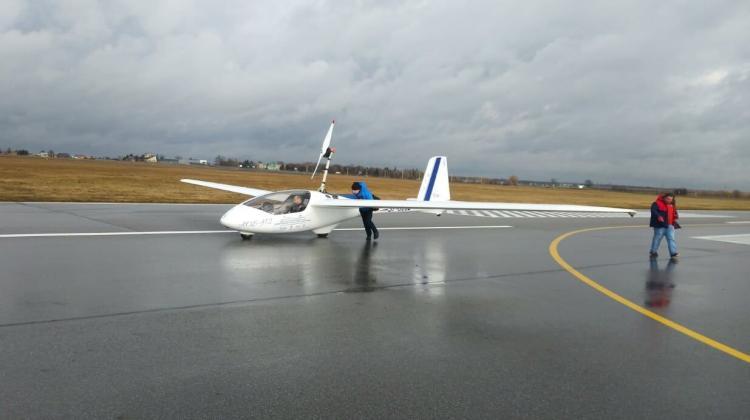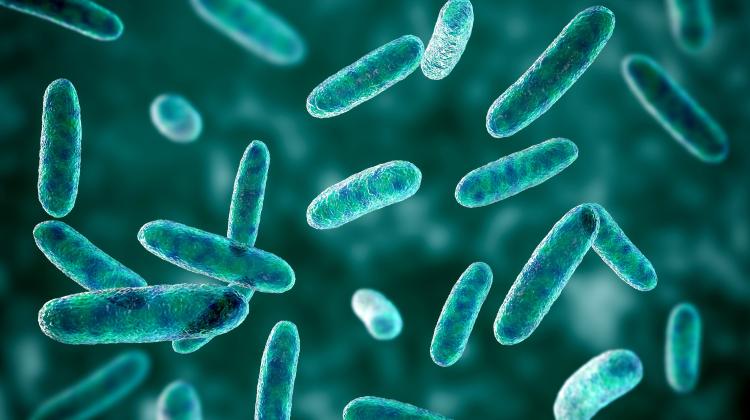Flying High! Scientists successfully test eco-friendly hydrogen propulsion for powered glider
 Source: AGH
Source: AGH
Polish scientists have carried out a first-of-its kind design test using a fuel cell generator for a hydrogen gas powered glider.
After successfully completing the test at the Aviation Training Centre in Jasionka near Rzeszów, plans are now afoot to carry out a test flight next year.
Project leader Professor Magdalena Dudek from the AGH University of Science and Technology in Kraków said in a press release: “The hydrogen powered glider is economical and environmentally friendly.
“The hydrogen fuel cell generator produces electricity, water and waste heat. For aviation applications, it is possible to use waste heat in various ways, for example to heat the cockpit.
“The use of such propulsion also extends the glider`s flight time compared to other energy sources, for example electric batteries.”
The project, co-financed by the National Centre for Research and Development, was carried out by a scientific and industrial consortium led by Rzeszów University of Technology. Consortium members were the Warsaw University of Technology, AGH University of Science and Technology and the Glider Factory in Jeżów.
The device is a component of a hybrid power system, also equipped with an electrochemical battery pack. The power of the 10 kW hydrogen drive system is sufficient for free horizontal flight.
The working time of the cells, and therefore also the flight time, depends on the amount of hydrogen stored in the tanks. With hydrogen at a pressure of about 200 bar in tanks with a capacity of 24 dm3, the flight time will be about 25 minutes (assuming that the fuel cells operate at full power). Hydrogen stored at 300 bar allows for an hour of flight.
The use of higher hydrogen storage pressures in composite tanks will extend the flight time. This solution is possible thanks to already available pressure boosters. (PAP)
author: Beata Kołodziej
bko/ ekr/ kap/
tr. RL
Przed dodaniem komentarza prosimy o zapoznanie z Regulaminem forum serwisu Nauka w Polsce.















